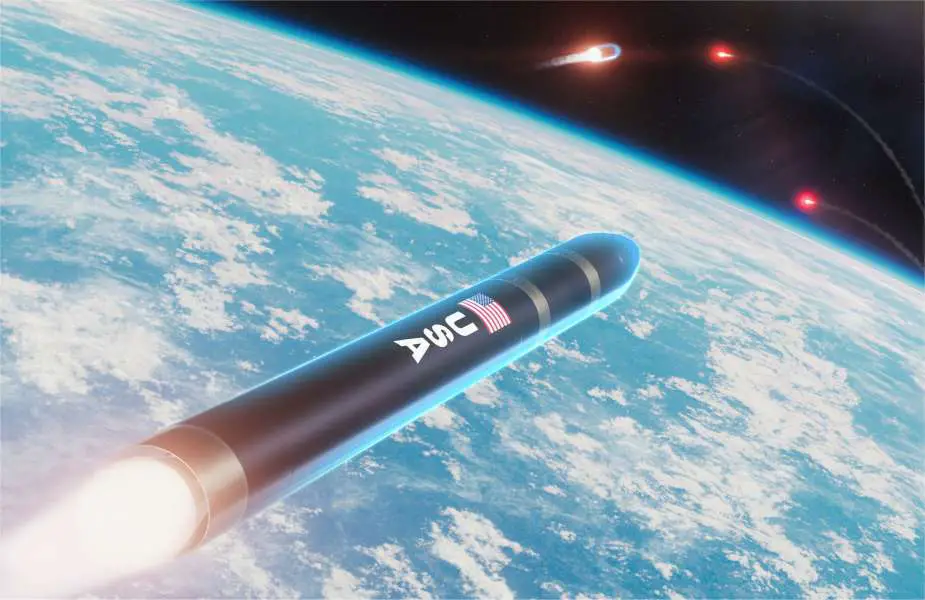Lockheed Martin wins US contract for Next Generation Intercontinental Ballistic Missile Interceptor
On 15 April 2024, Lockheed Martin won a $17 billion contract to develop the next generation of missile interceptors designed to protect the United States against intercontinental ballistic missile threats. The announcement was made by the U.S. Missile Defense Agency.
Follow Army Recognition on Google News at this link

Lockheed Martin Next Generation Intercontinental Ballistic Missile Interceptor (Picture source: Lockheed Martin)
The contract aims to address current and future threats from ballistic missiles, with particular focus on challenges posed by North Korea and Iran. This award comes after a period of reassessment of F-35 orders by the U.S. government and the military's abandonment of development for a new type of reconnaissance and attack helicopter, for which Lockheed Martin had also submitted a design.
The contract covers the development of the Next Generation Interceptor (NGI) which will modernize the Ground-Based Midcourse Defense (GMD) program. This system includes radars and interceptors to defend American territory against intercontinental missile attacks.
The Next Generation Interceptor (NGI) is designed with advanced technical capabilities to enhance the U.S. missile defense against intercontinental ballistic missile threats. The system uses cutting-edge detection and tracking technologies to accurately identify threats from the moment of launch. With sophisticated target discrimination algorithms, the NGI can distinguish between actual warheads and decoys, a crucial advantage against missiles equipped with complex countermeasures. Additionally, it is equipped with enhanced navigation and guidance systems, enabling precise interception even at extreme altitudes. These integrated technologies ensure that the NGI can effectively and accurately neutralize threats before they reach their target.
The development of the NGI is currently in its technological phase and is set to transition to the product development phase in May, stated Lieutenant General Heath Collins, director of the Missile Defense Agency. The United States plans to purchase 20 of these interceptors for deployment at Fort Greely in Alaska.
The NGI project follows a canceled contract with Boeing for the development of a "kill vehicle" due to design problems, after an investment of $1.2 billion. Boeing was removed from the competition for this new interceptor in 2021.
The NGI program is estimated to be worth $17.7 billion over its lifetime, according to government estimates. The Biden administration has requested $28.4 billion for missile defenses in its fiscal 2025 budget.
The GMD system, operational since 2004, has cost about $40 billion in research and development and has succeeded in just over half of its interception tests.
- Hits: 2521
















